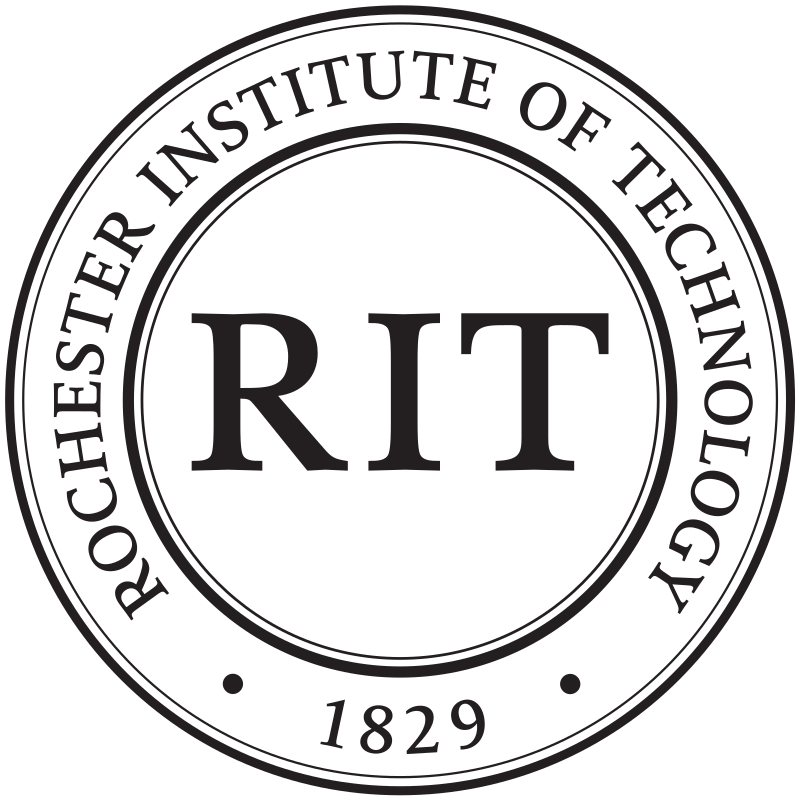
Foreign Education Consultants
Typically replies within minutes
Foreign Education Consultants
Hi There,
How can I help you?

Foreign Education Consultants
Typically replies within minutes
Foreign Education Consultants
Hi There,
How can I help you?
Get university recommendations.
Create SOP for free
Direct university communication
Track your application
Online payments
Don't have an account?
Get university recommendations.
Create SOP for free
Direct university communication
Track your application
Online payments
Already have an account?
Get university recommendations.
Create SOP for free
Direct university communication
Track your application
Online payments
Got your password?

Application Fee
Bioinformatics is a field that has been developing over the last thirty years. It is a discipline that represents a marriage between biotechnology and computer technologies and has evolved through the convergence of advances in each of these fields. Today bioinformatics is a field that encompasses all aspects of the application of computer technologies to biological data. Computers are used to organize, link, analyze, and visualize complex sets of biological data to discover, treat, and cure a range of medical illnesses.RIT's bioinformatics master's degree combines biotechnology, computer programming, and computational mathematics to prepare you to utilize and create technologies that discover, treat, and cure a range of medical illnesses. With a strong foundation in biotechnology, computer programming, computational mathematics, statistics, and database management, you will be well-prepared for academia and careers in the biotechnology, bioinformatics, pharmaceutical, and vaccine industries.
Bioinformatics, MS degree, typical course sequence
Course Sem. Cr. Hrs.
First Year
BIOL-625 Ethics in Bioinformatics 3
BIOL-630 Bioinformatics Algorithms 3
BIOL-635 Bioinformatics Seminar 3
BIOL-671 Database Management for the Sciences 3
BIOL-672 Computational Statistics and Data Science Methods 3
BIOL-694 Molecular Modeling and Proteomics 3
BIOL-790 Research and Thesis 2
Graduate Electives*
6
Second Year
BIOL-790 Research and Thesis 4
Total Semester Credit Hours
30
Careers in Bioinformatics
With the advent of high-throughput technologies such as Next Generation Sequencing and proteomics, bioinformatics has become essential to the biological sciences in general. In the past, laboratories were able to manage and analyze their experimental data in spreadsheets. Many research labs now require the expertise of dedicated bioinformatics core centers or their own in-house bioinformaticists.
Graduates of the bioinformatics master's program have entered such laboratories, both in industry and academia, as bioinformaticists. Some have also gone on to leverage their biotechnology experiences as wet lab experimentalists. The diversity of skills you will cultivate in the program give you access to a wide range of career choices.
The job market is rich with opportunities for those with graduate degree in bioinformatics, particularly when coupled with research as thesis work. This research provides exposure to real-world problems—and their solutions—not otherwise attainable in an academic setting.
Graduates of the bioinformatics master's degree currently work senior analysts/programmers, associate systems analysts, bioinformaticist, bioinformatics analysts, bioinformatics engineers, computational biologists, and software engineers.
Admission Requirements
To be considered for admission to the MS program in bioinformatics, candidates must fulfill the following requirements:
Tuition fee-2 years1,06,000
Total fee-2 years1,44,000



